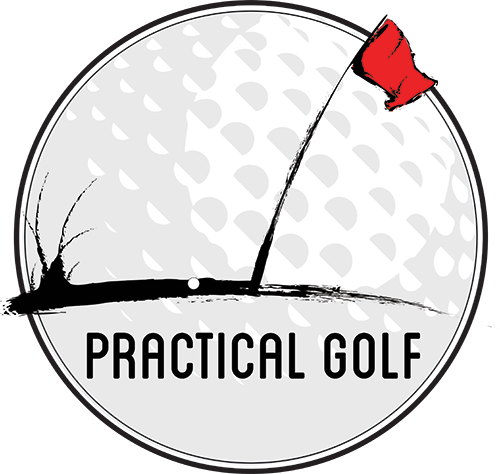Someone on this Forum recommended Tom Coyne’s Paper Tiger. Just read it. Very good. Thank you, whoever that was.
Paper Tiger: A year of “Nothing but golf” (coaching, fitness, practice, competition, fitted Mizunos) takes Tom from 9.4 to 0.4 index.
The “Dan Plan” book goes from non-golfer to 2.9 index, practicing every day, for a few years. His goal is to get to 10,000 hours of practice and his back gives out ~6,000.
Is there any data the Forum knows about (rather than stories), linking X amount of golfer effort to Y amount of improvement? Someone who has dispassionately studied something like: “What happens when someone gets 10-20 hours of lessons, and does 80 hours of practice, over the course of a summer”…something like that?
Absent that, does GHIN or anyone publish data on how often players actually improve, and how much? I.e., my wild guess is that 80% of handicaps, once established with 10 rounds, stay within 2 shots over 5 years. The nerd in me would just love to learn about that.

 ) and you can be trained to be more accurate but you can’t teach the instinct…could literally apply any sport to this.
) and you can be trained to be more accurate but you can’t teach the instinct…could literally apply any sport to this.